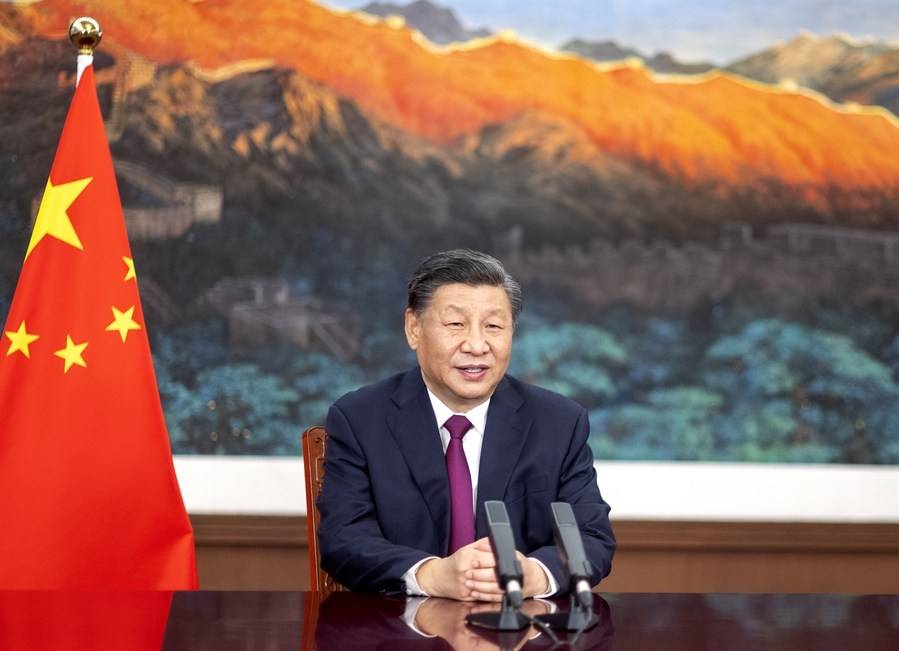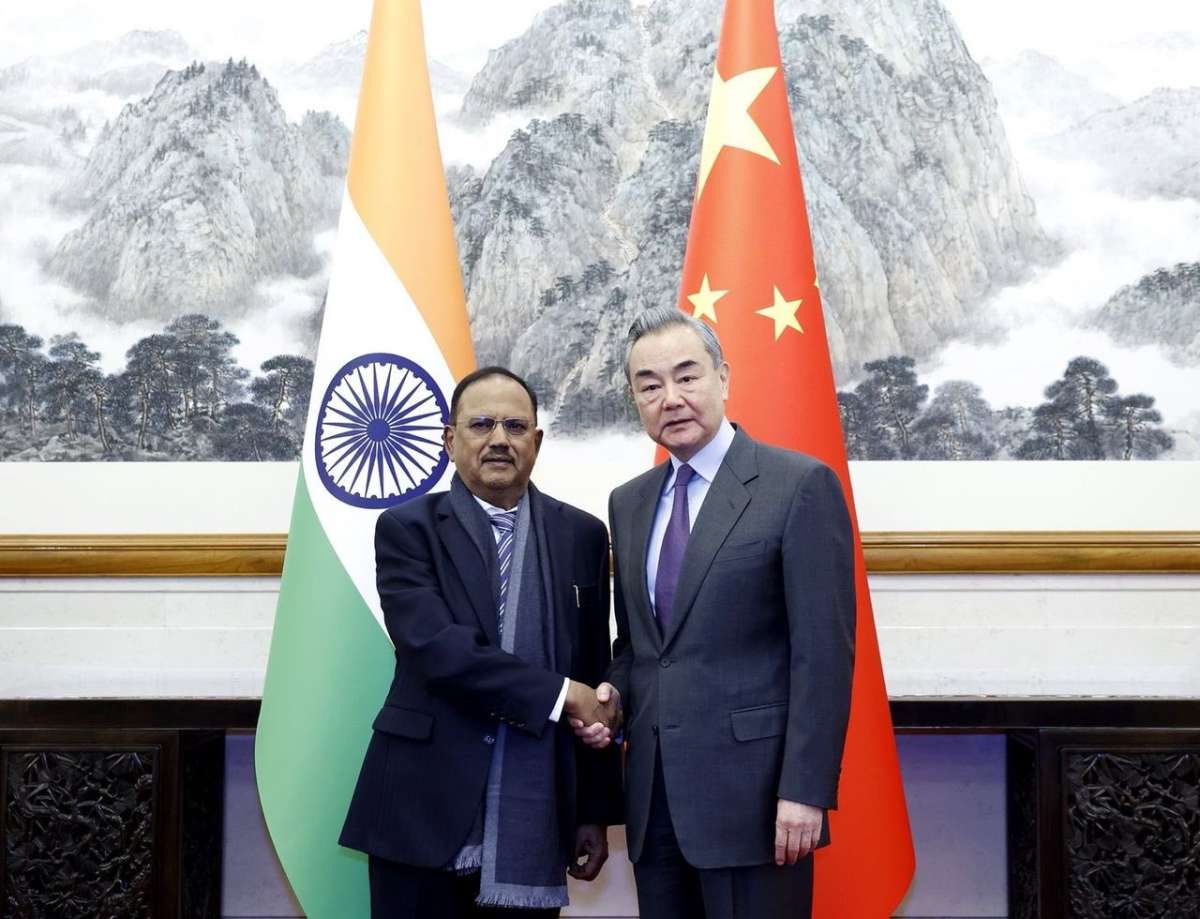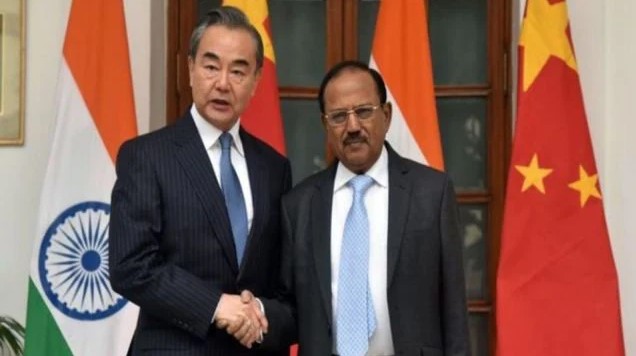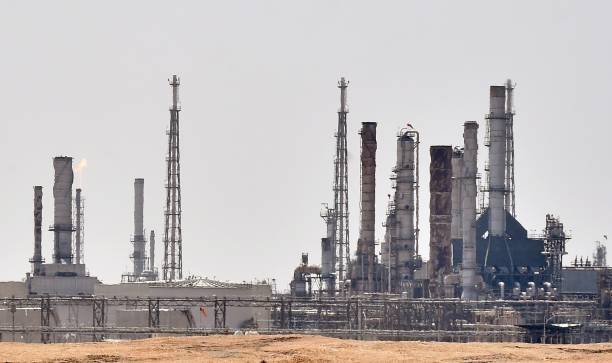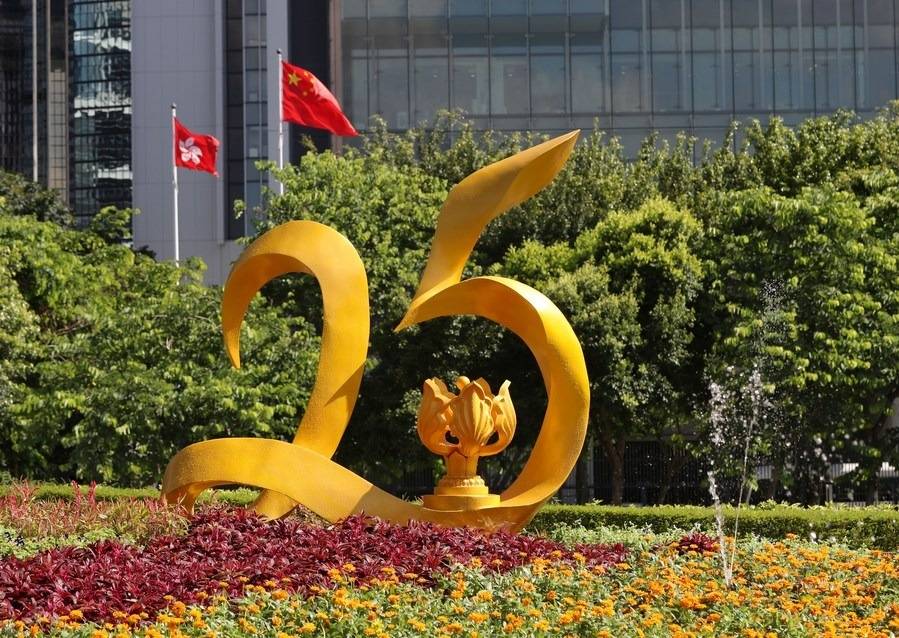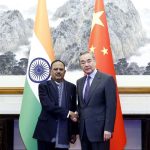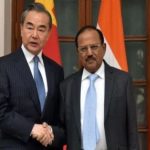But in recent years China has been criticised for increasing its control of Hong Kong and enacting laws and reforms that stifle free speech and dissent…reports Asian Lite News
China’s “one country two systems” model of ruling Hong Kong has worked in protecting the city and must continue long term, says Xi Jinping.
The Chinese leader mounted a stern defence of the political system in a speech in Hong Kong, following recent international criticism.
Hong Kong is marking 25 years since Britain returned the city to China.
It is under tight security as it hosts Xi, who is on his first trip outside of the mainland in two years.
Under “one country two systems”, Hong Kong is supposed to be governed in a way that gives it a high degree of autonomy and protects freedom of speech and assembly, and other rights not found in mainland China.
But in recent years China has been criticised for increasing its control of Hong Kong and enacting laws and reforms that stifle free speech and dissent.
The “one, country two systems” principle arose out of an agreement between Britain and China and is enshrined in law in Hong Kong. The protections run out in 2047, a deadline which many in Hong Kong have long been worried about.
But on Friday Xi said it “must be adhered to over the long run” – the clearest sign yet that China intends to preserve the political model, which critics say has already been compromised to suit Beijing.
Flanked by the Chinese and Hong Kong flags on stage, Xi defended the system as having worked in protecting Hong Kong’s prosperity and stability as well as China’s “fundamental interests” in the past 25 years.
“‘One country two systems’ has been tested and proved time and again, and there is no reason to change such a good system,” he said, to applause from the audience comprising mostly of the city’s pro-Beijing elite.
He added the system had the “unanimous endorsement” of residents along with “widespread approval” by the international community, and that Hong Kong’s “true democracy began” when it returned to China.
But over the years Hong Kong has seen huge protests and many, including Western countries, have criticised Beijing’s growing interference in the city.
In 2020, China introduced a controversial national security law that has clamped down on free speech and dissent in Hong Kong. This prompted Britain to accuse China of violating the “one country two systems” principle and their agreement.
China’s recent electoral reforms designed to ensure only “patriots” can run for office in Hong Kong have also been heavily criticised.
But Xi strongly defended this move on Friday, saying that it was “essential for safeguarding the long-term stability and security of Hong Kong” and that “at no time should this principle be allowed to be compromised”.
“No country or territory’s citizens would allow non-patriotic, or even traitorous, forces and people to wield political power,” he said.
At the same event, Xi also formally appointed John Lee, a former security chief known for his tough pro-Beijing views, as the new chief executive of Hong Kong.
ALSO READ-NATO brands China a ‘security threat’
